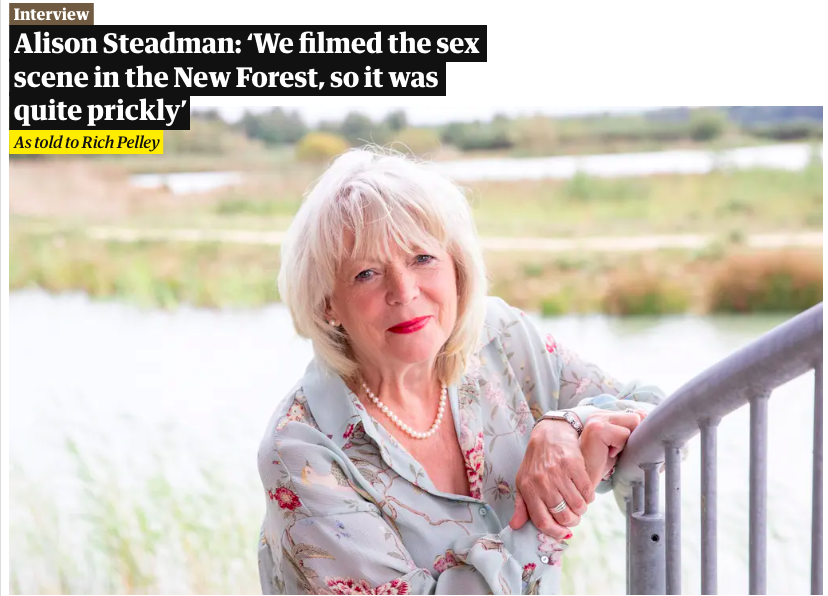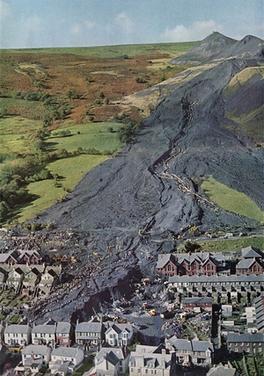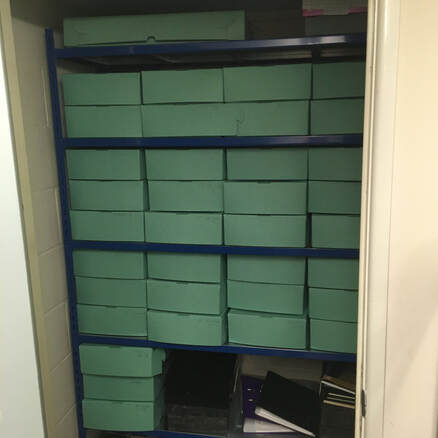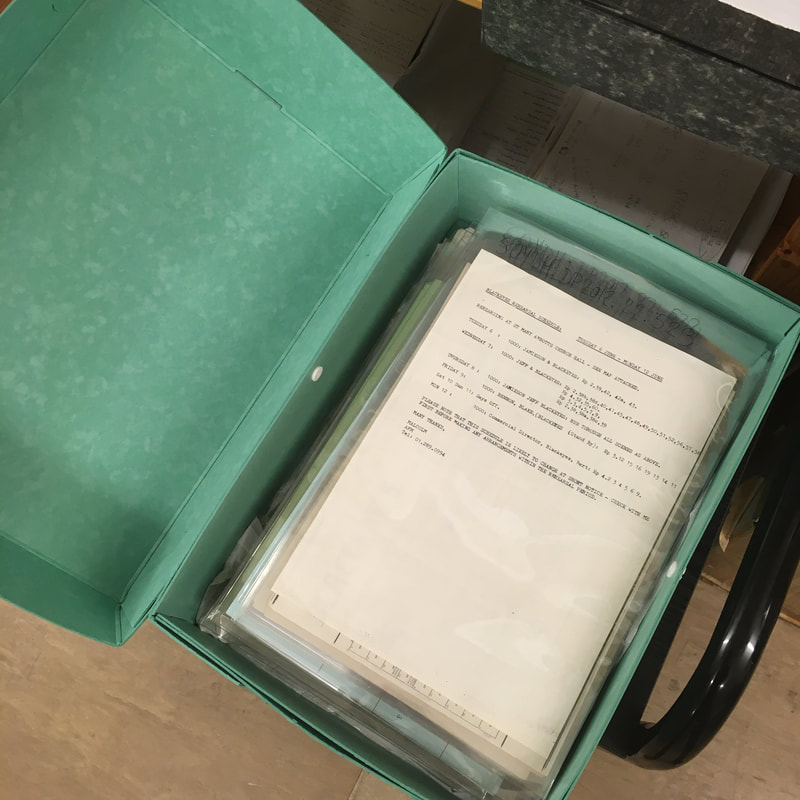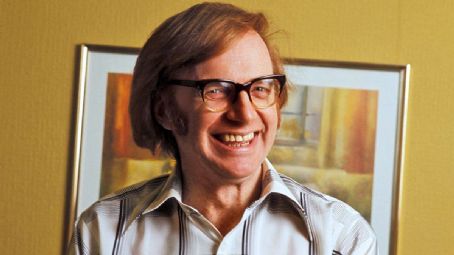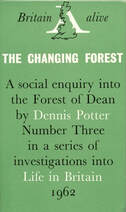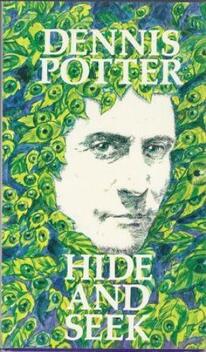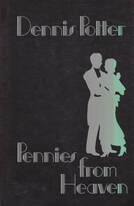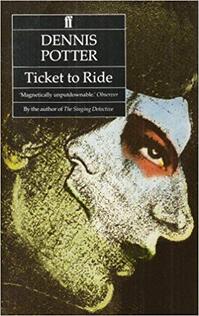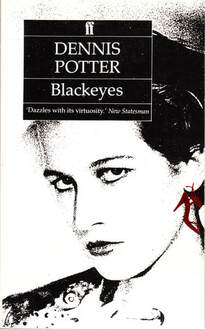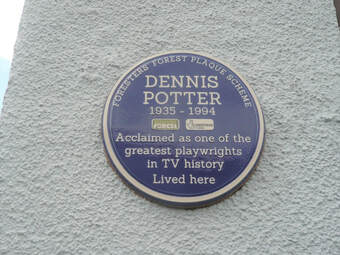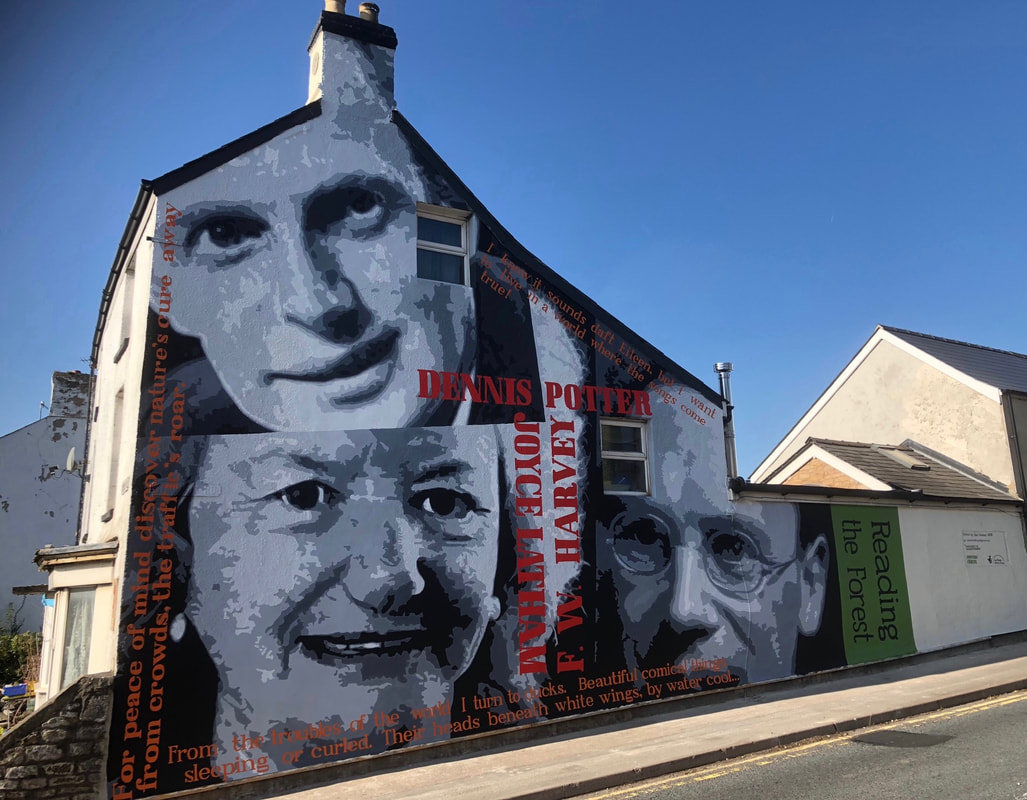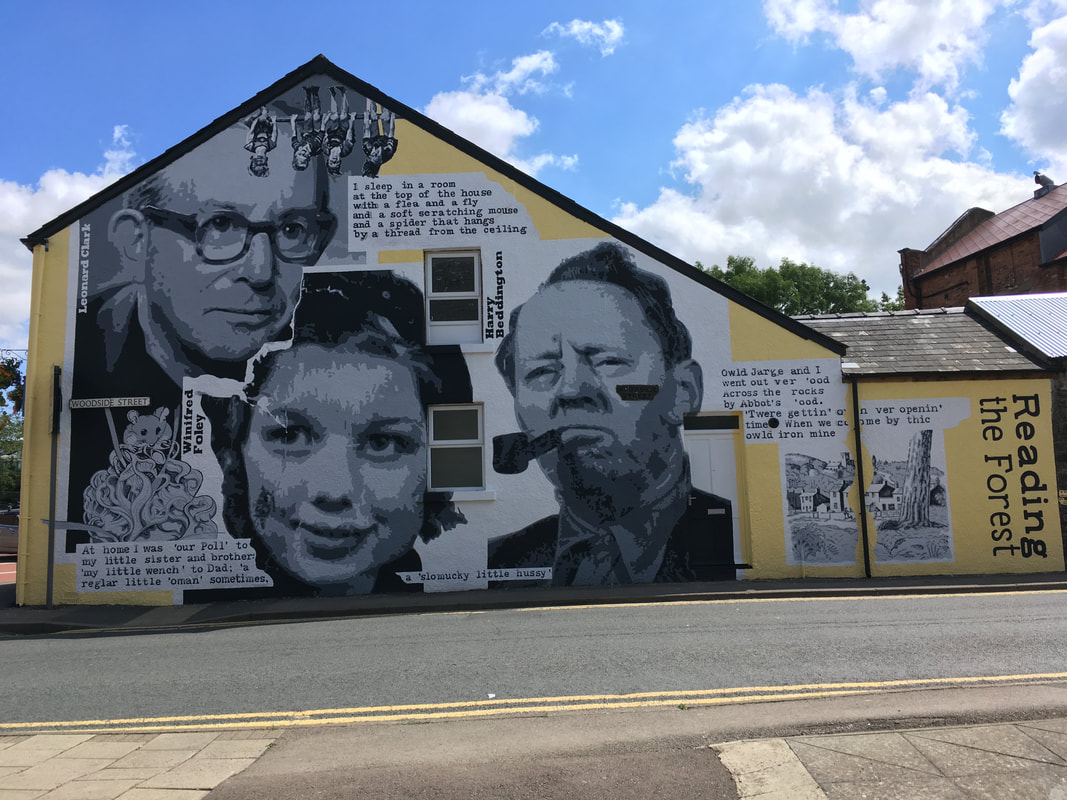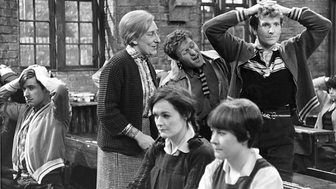
"Harris believes in both Communism and Englishness, believing himself to have betrayed his class, but not his country. The press find these beliefs incompatible, and want to find out why he became a ‘traitor’. Harris is plagued by anxieties over both his actions and his childhood history".
The TV play featured an acclaimed performance by John Le Mesurier as Harris, whilst in the radio play the same part is played by Denholm Elliott. At the time of the first broadcast Potter was asked if he was obsessed with the theme of betrayal:
"I think...a feeling of betrayal...is almost part of our metabolism. I mean, we have at one stage...our ideals...and then you go into jobs, you compromise, you get sick because you can't think too personally about exactly what it is you are trampling underfoot, and you write, buy food, occupy a big house, take a big mortgage, all the things that I'm doing"
In 'Dennis Potter, the authorised biography', by Humphrey Carpenter, 1998, p261
